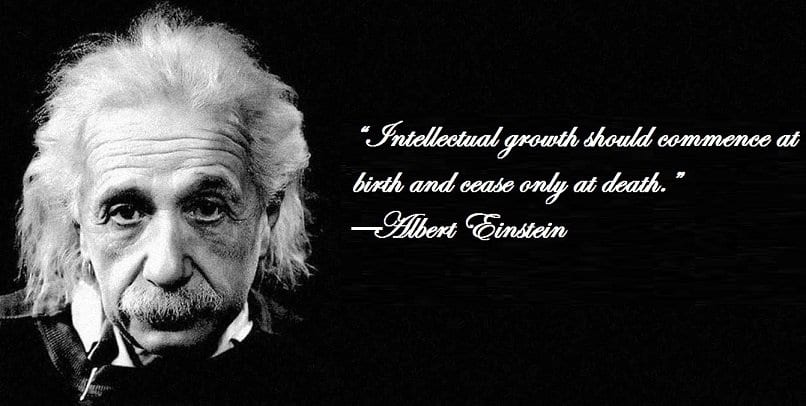Work-life balance has become a critical aspect of modern corporate life, reflecting the challenges and complexities employees face in balancing professional responsibilities with personal well-being. The corporate world, characterized by fast-paced environments, demanding deadlines, and competitive pressures, often leaves individuals struggling to maintain equilibrium between their work and personal lives. In this discussion, we will delve into the meaning, challenges, and strategies to achieve work-life balance, and its importance for employees and organizations alike.
What is Work-Life Balance?
Work-life balance refers to the equilibrium where individuals allocate appropriate time and energy to both their work and personal lives. It implies managing professional duties without compromising personal well-being, family time, or leisure activities. The concept varies for individuals depending on their life stages, goals, and values. While some may prioritize career growth during certain phases, others may focus more on personal responsibilities or self-care.

Why Work-Life Balance Matters?
In today’s corporate landscape, achieving work-life balance is not just a personal goal but a professional necessity. Here are key reasons why it holds significance:
Employee Productivity
Employees who manage a good balance are often more focused, creative, and productive at work. Overworking can lead to burnout, reducing overall efficiency.
Mental and Physical Health
Prolonged stress from work-related pressures can cause mental health issues such as anxiety or depression and physical ailments like hypertension. Work-life balance helps in mitigating these risks.
Job Satisfaction
Employees with a healthy balance are generally more satisfied with their jobs. It fosters loyalty and reduces turnover rates.
Employer Branding
Organizations that promote work-life balance often attract top talent. Flexible working policies and support systems can enhance a company’s reputation.
Family and Social Relationships
Time for family, friends, and personal activities strengthens relationships and builds a support network crucial for emotional well-being.

Challenges in Achieving Work-Life Balance
Despite its importance, achieving work-life balance can be challenging in the corporate world due to several factors:
Technological Advancements
The digital era, while making communication seamless, has blurred the boundaries between work and personal life. With emails, messages, and meetings accessible 24/7, employees often find it difficult to “switch off.”
Global Work Culture
Companies operating across multiple time zones often require employees to work odd hours, disrupting personal schedules.
Increased Competition
The desire to excel in a competitive corporate environment can push employees to overwork, often at the cost of personal life.
Lack of Organizational Policies
Not all organizations have policies supporting work-life balance. Lack of flexible working hours, remote work options, or mental health support can exacerbate the issue.
Personal Expectations
Sometimes, individuals set unrealistically high standards for themselves, leading to self-imposed stress.
Cultural Norms
In certain cultures, overworking is glorified, making it challenging for individuals to prioritize personal time without feeling guilty.

Strategies to Achieve Work-Life Balance
Both employees and organizations play a role in fostering a balanced work-life equation. Here are strategies that can help:
For Employees
Set Boundaries
Define clear boundaries between work and personal life. Avoid checking work emails or messages after office hours unless absolutely necessary.
Prioritize Tasks
Use tools like to-do lists and prioritize tasks based on urgency and importance. Effective time management minimizes unnecessary stress.
Learn to Say No
Overcommitment can lead to burnout. Politely decline tasks that exceed your capacity or can be delegated.
Take Regular Breaks
Short breaks during work hours and periodic vacations can rejuvenate your mind and body.
Adopt Healthy Habits
Physical exercise, adequate sleep, and a nutritious diet are essential for maintaining energy levels and focus.
Communicate with Employers
Share concerns about workload or seek flexibility when needed. Open communication fosters mutual understanding.
Leverage Technology
Use productivity tools to automate repetitive tasks and manage time more efficiently.
For Organizations
Implement Flexible Work Policies
Allow employees to work remotely or offer flexible working hours. This gives them control over their schedules.
Promote a Supportive Culture
Create an environment where employees feel comfortable discussing their challenges.
Set Realistic Expectations
Managers should avoid overburdening employees and ensure tasks are distributed equitably.
Recognize and Reward Balance
Celebrate employees who maintain a healthy balance, setting examples for others.
Provide Resources
Offer access to counseling services, fitness programs, or workshops on time management and stress relief.
Encourage Downtime
Encourage employees to take leaves and avoid contacting them during non-working hours unless critical.

The Future of Work-Life Balance
The corporate world is evolving with trends like hybrid work models, mental health awareness, and a focus on holistic employee well-being. Organizations are increasingly recognizing that productivity stems from a healthy and motivated workforce.
Technology will continue to shape work-life dynamics. Artificial Intelligence and automation might reduce workload, enabling more personal time, but could also demand new skill development.
Employees are also becoming more conscious of their needs, seeking employers that align with their values and lifestyles. This shift in priorities will push companies to rethink traditional work structures.
Today’s Perspective!
Work-life balance in today’s corporate world is a shared responsibility between individuals and organizations. For employees, it involves self-awareness, boundary-setting, and adopting healthy habits. For organizations, it means creating policies and cultures that value employee well-being as much as profitability.
Striking the right balance is not a one-size-fits-all solution but a dynamic process that evolves with changing professional and personal circumstances. By prioritizing balance, individuals can achieve holistic success, and organizations can build resilient, loyal, and high-performing teams.
Ultimately, fostering work-life balance is not just about reducing stress or enhancing productivity—it is about enabling people to live fulfilling lives both inside and outside the workplace.
https://nimblefoundation.org/
https://www.facebook.com/nimblefoundation1
https://www.linkedin.com/in/satish-kakri-17224417/
https://nimblefoundation.org/our-clients.html
Thanks for reading.














